What we can learn from the rise and fall of the Soviet state
As we mark 20 years of Vladimir Putin’s rule, Mick O’Hare looks back at the break-up of the former Soviet Union and the forces that underpinned the KGB man’s rise to the top
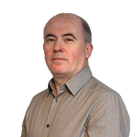
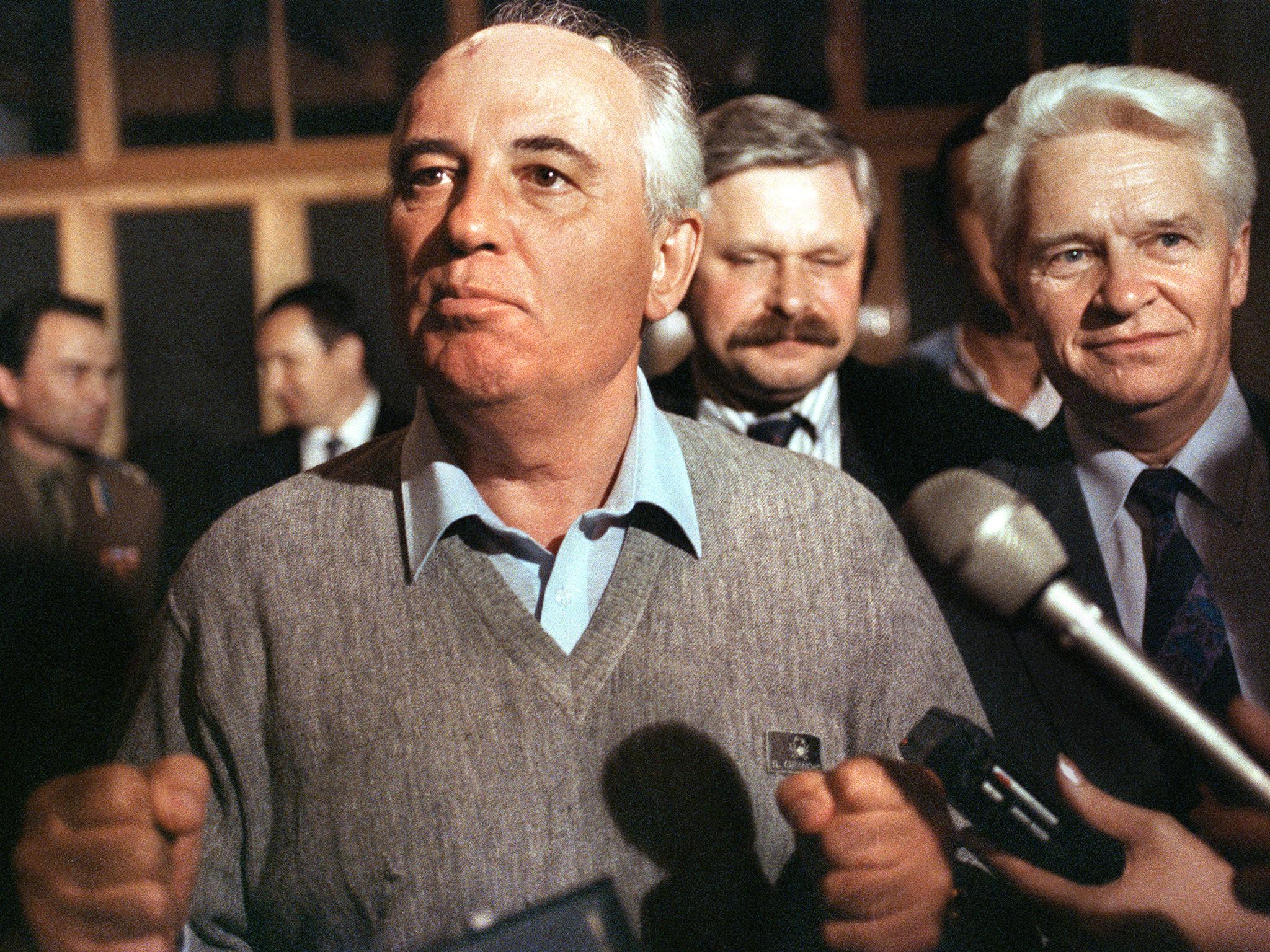
When Lyudmila Rogachova struggled home more than a second behind Hassiba Boulmerka in the women’s 1,500 metres final at the 1992 Barcelona Olympics, she became the last person to win an Olympic medal for the Commonwealth of Independent States. Rogachova would go on to win European Championship gold in 1994 and so carve herself a small place in athletics history, but who now remembers the Commonwealth of Independent States for whom she competed?
It was the final attempt to salvage something from the vestigial behemoth of the Soviet Union, and indeed the CIS still exists as a loose confederation of most of the Soviet Union’s former constituent republics. With its power and ideology shredded the Russian-dominated USSR had crumbled away in the dying days of 1991. All that remained was the CIS.
Barcelona was the last hurrah of the remnant of the Soviet Union as it topped the medal table one final time. The 112 CIS athletes (known as the Unified Team) who won medals at the only summer Olympics at which it competed, therefore have a unique place in sporting history.
As, of course, did the Soviet Union before. Despite existing for only 74 years it still stands second on the all-time summer Olympic medal table. But the rise, dominance and rapid disappearance of the USSR’s athletic team mirrored that of the power and political ideology of the nation itself. Once virtually invincible… now not even an also-ran.
Lest we forget, more than a decade earlier, on the eve of the Soviet Union’s invasion of Afghanistan in 1979, there were two superpowers on the planet: The United States and the Union of Soviet Socialist Republics. The world order seemed set in stone, if hopelessly polarised. The postwar division of Europe had given us the free market democracies of the west and the collectivist, single-party communist states of the east, divided by Winston Churchill’s “Iron Curtain”, and symbolised most obviously by the wall splicing through the centre of Berlin.
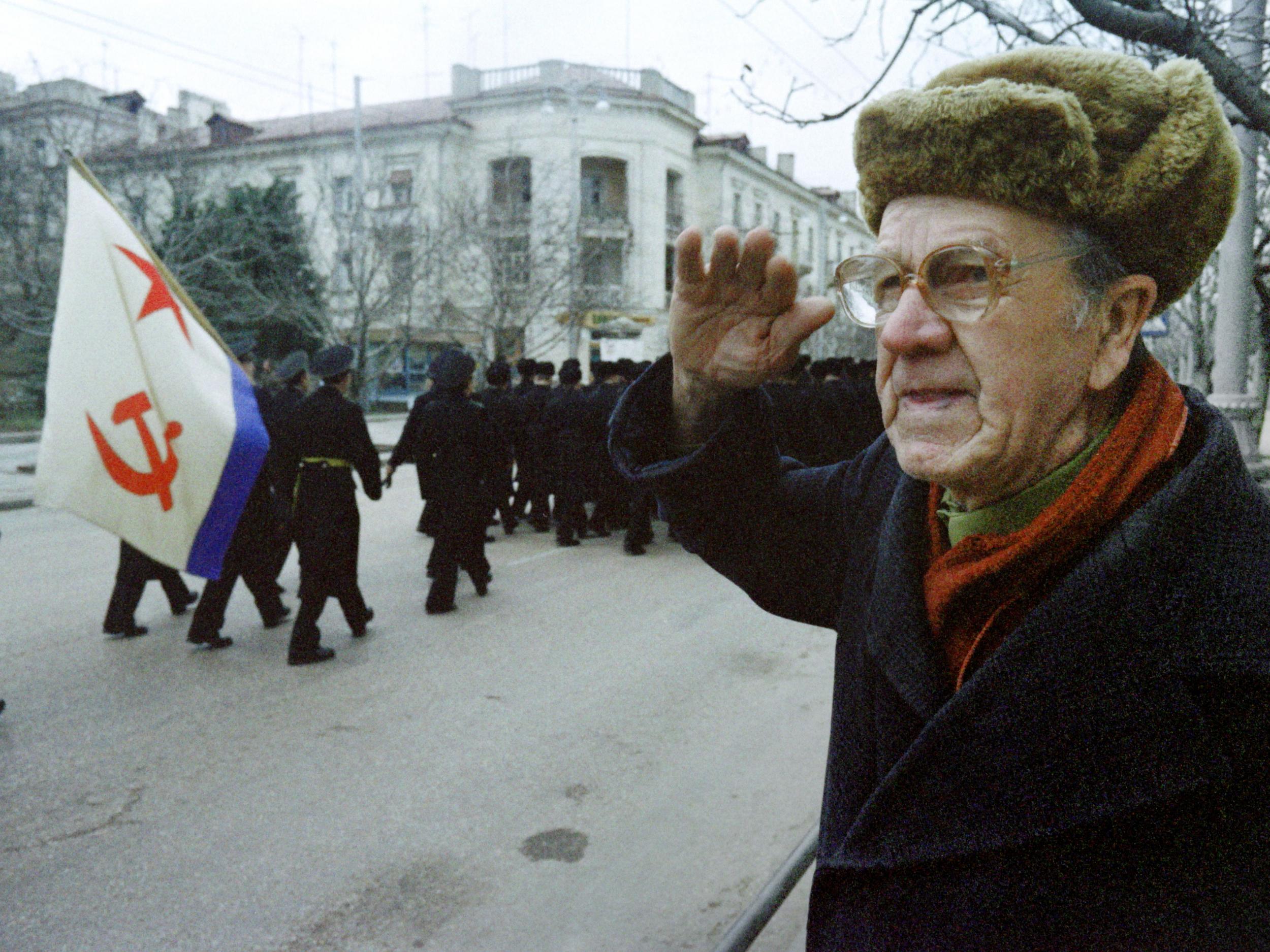
Ten years later the wall was gone with the Soviet Union itself set to vanish from our maps. How could an empire with a vast army controlling swathes of Europe and Asia so suddenly lose what seemed like an impregnable grip? When and where did the cracks start to appear in such an implacable hegemony? And, if blame could be apportioned, where should the fingers point?
Rightly or wrongly, most digits are aimed at one man. And that man around whom events coalesced, almost from the moment he became general secretary of the Communist Party of the Soviet Union in 1985, was, of course, Mikhail Gorbachev. He was aware the Soviet economy was dying, and believed he could reform it from within, reshaping it and the political institutions of the nation via his policy of perestroika – or restructuring.
A more open society – glasnost – was proposed with increased democratic and media participation, the televising of government business, and release from internment of regime dissidents, such as physicist Andrei Sakharov. Suddenly people were reading stories about the history of their country, the pogroms, the purges and the actions of the feared security service, the KGB. And for many they would learn for the first time the real truth of events such as Chernobyl.
Gorbachev also instigated a new legislature, the Congress of People’s Deputies, which allowed limited democratic representation for the first time since the Soviet Union was formed in 1917. Sakharov won a seat, as did a politician many had not yet heard of – Boris Yeltsin.
Bold or foolhardy, Gorbachev’s actions would have repercussions one way or another. Most who find themselves on the cusp of history are destined to divide opinion. Very few split that divide as cleanly as Gorbachev. International statesman or destroyer of a noble ideology?
Considering his tenure led to the loss of his Eastern European communist allies and the break-up of his own nation you might expect opinion to tend towards the latter, and his stature varies depending on whose opinion you seek. But Gorbachev’s reputation as a pragmatist who ended the Cold War is widely held and he remains feted in the west. What is for certain is that Gorbachev neither intended to destroy communism in his own or any other country, nor did he countenance the break-up of the Soviet Union. Yet for all that, history has tended to judge him in a good light. He won the Nobel Peace Prize in 1990 and is considered to be a man who did “the right thing” when push came to shove. Back home opinion differs, but more of that later.
While the break-up seemed rapid, in truth the gestation was a long one. Detailing the devilish twists of the final tumultuous years and months would – and has – filled many a tome. Here are the bare bones.
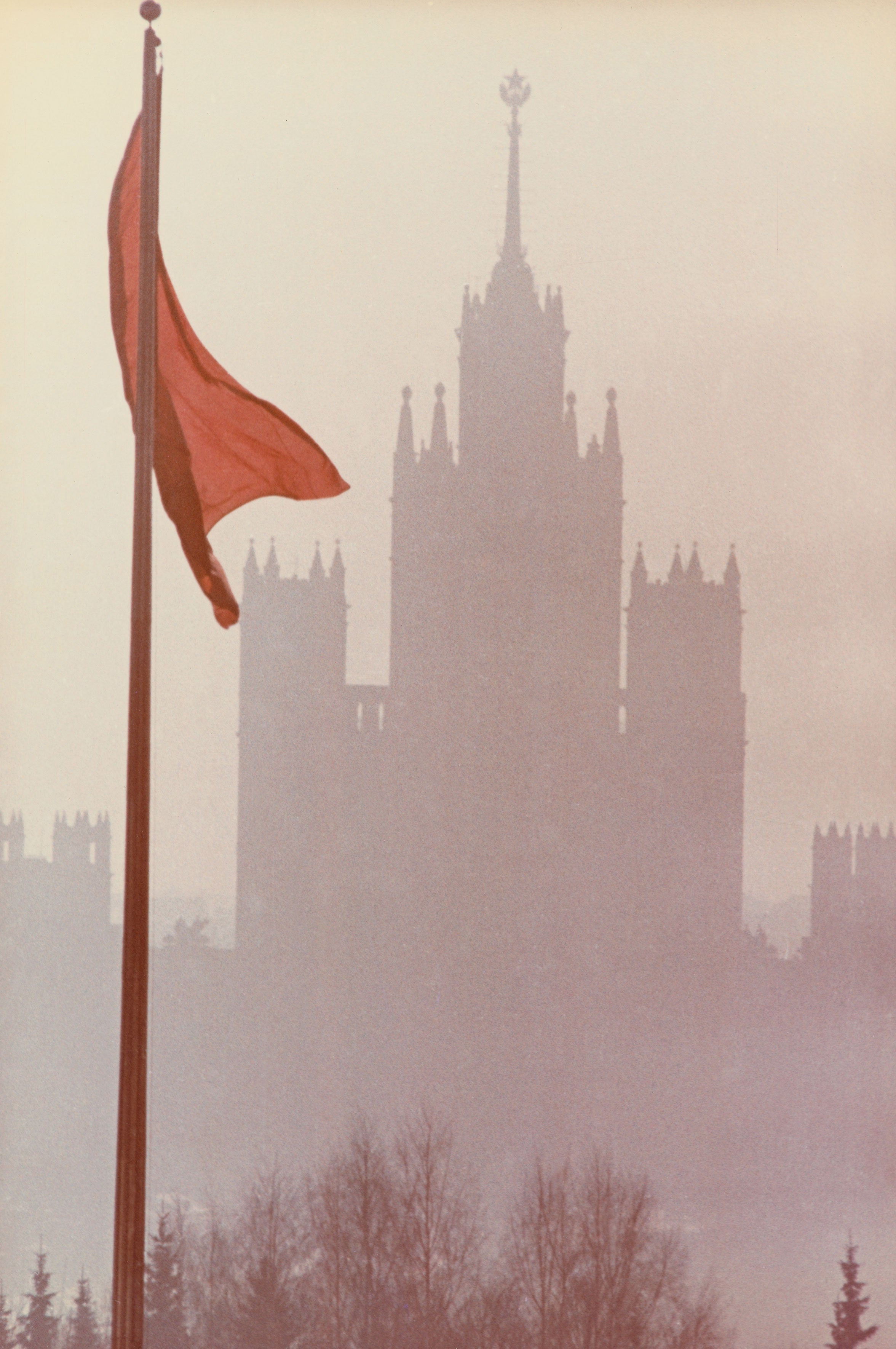
Once Gorbachev had revoked the Brezhnev Doctrine – which mandated Soviet military intervention in allied communist states but was essentially a means solely to exert control over other nations – communism in Eastern Europe dissolved apparently within months. Soviet troops were withdrawn from former allied states; Germany was soon pressing for unification and Gorbachev was no longer de facto leader of a once solid communist bloc. He was, in effect, taken by surprise, seemingly expecting his reforms would allow communism to evolve and survive. He was mistaken.
And the forces he unleashed were not confined to nations outside the Soviet Union. Fifteen republics comprised the union itself, with Russia being the largest and most powerful. Three of those – the Baltic states of Lithuania, Latvia and Estonia – were ceded to the Soviet Union as part of the Nazi-Soviet Molotov pact of 1939, as Germany and the Soviets sought to divvy up Eastern Europe between them without resorting to war. That they failed was predictable considering the irreconcilable ideologies (and sanities) of Adolf Hitler and Joseph Stalin. Nonetheless, the Baltic States remained in Soviet hands although the United States never recognised them as such and – more significantly – neither did their peoples.
With one eye on the fall of communism in Eastern Europe and the other on Gorbachev’s domestic troubles as he attempted to control a restless population suffering economic hardship and demanding greater representation, Lithuania had dramatically declared sovereignty, short of independence, over its territory on 18 May 1989. Gorbachev feared Estonia and Latvia might follow suit especially after two million people from all three states linked hands in the Baltic Chain of Freedom in August.
He had no intention of losing his own nation as well as his former allies, but by equal measure he knew that sending in the military would signal to the world that the leopard had not changed its spots. It would be interpreted as a return to the Brezhnev Doctrine, with Moscow imposing its rule as it had in Hungary in 1956 and Czechoslovakia in 1968.
But longstanding tensions elsewhere also demanded Gorbachev’s attention. There had been sporadic protests and rebellion in the southern republics, some of them with large Muslim populations unlike the Orthodox or Catholic Christian northern and western republics. Despite the Soviet Union being ostensibly atheist, ethnic and religious tensions frequently led to violent outbursts. Although teaching Islam was outlawed, the ruling class often underestimated the degree to which non-ethnic Russian groups and religions resisted assimilation. Atheist communism and Islam were never likely to be easy bedfellows.
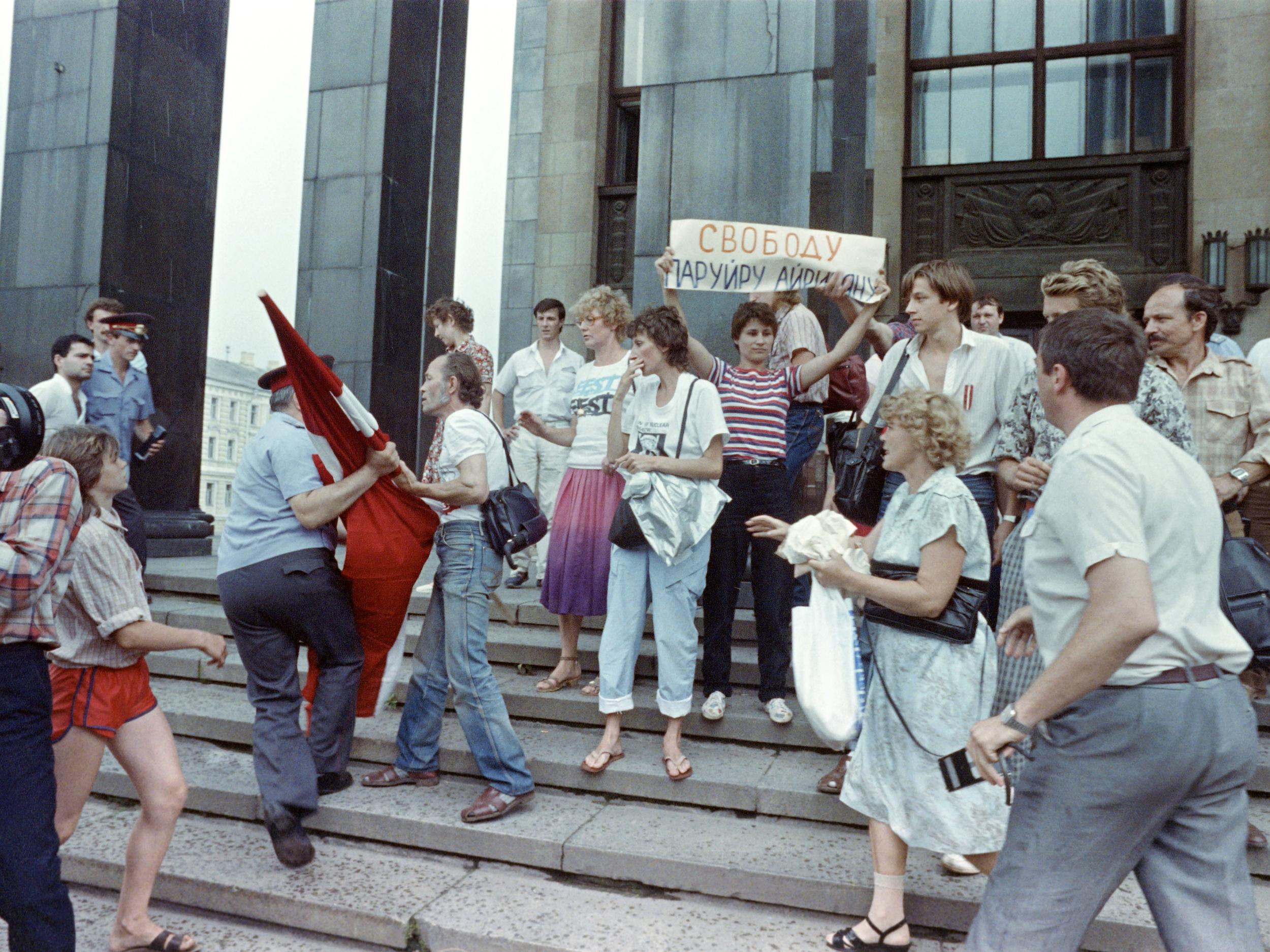
When rioting broke out in the Soviet Republic of Azerbaijan in January 1990, while demonstrators in Moscow were simultaneously calling for an end to the one-party state, Gorbachev was running to keep up and this time sent in the troops. Tens if not hundreds would die on the streets of Baku. Gorbachev, anxious and flustered, recommended an end to one-party communist rule.
The reaction of the Communist Central Committee was mixed, some supported him, hardliners did not. But, going over the heads of the committee, Gorbachev proposed and was granted the new position of President of the Soviet Union by the recently established Congress of Deputies in a bid to bolster his control of the hardliners in the Communist Party. Using his new position he persuaded the Congress to finally overturn one-party rule in the Soviet Union.
It had little effect. Lithuania declared full independence on 11 March and although Soviet troops occupied government buildings in Vilnius, Gorbachev, mindful of what happened in Baku, was still reluctant to use force. But when Latvia declared independence in May, and then the Russian Republic elected Boris Yeltsin as chairman after the Communist Party had allowed free elections for the first time, push was quickly coming to shove. Yeltsin had been a party member and had sat on the Soviet Union politburo but had renounced both specifically to oppose Gorbachev.
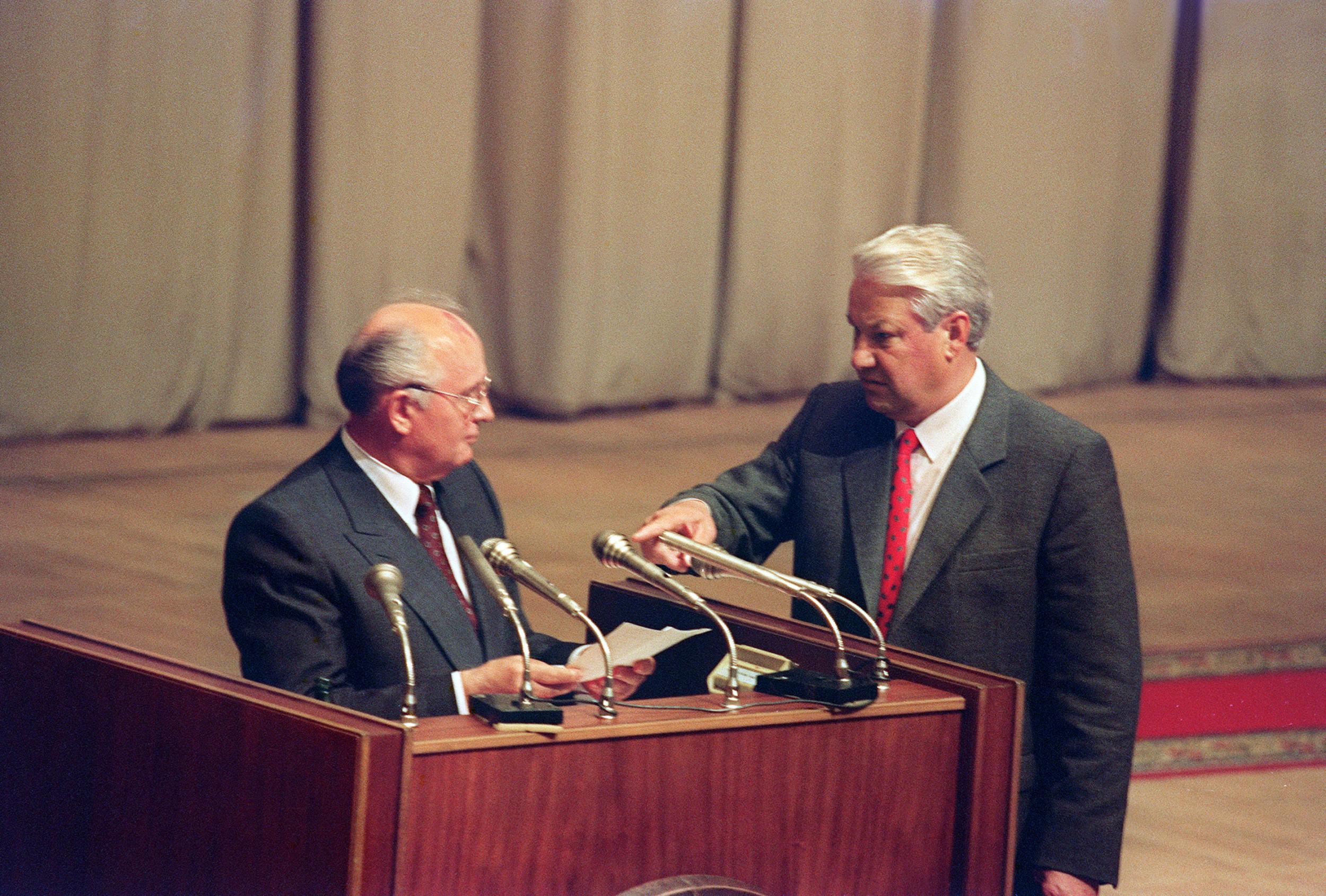
It was the fork in the road. Would the Soviet Union’s largest republic Russia follow Yeltsin, almost certainly leading to Russia declaring independence (and the de facto collapse of the USSR) or would it follow Gorbachev down the road of further reform? Perhaps the decisive moment came when Gorbachev, reluctantly, agreed to German reunification and all that was likely to stem from it – Germany joining Nato and Soviet troops being removed from East German soil.
The Cold War was effectively over. The United States was now the world’s only superpower, politically and militarily. The Soviet Union, its republics and its people took note. Still Gorbachev persisted, believing he could reform his way out of the morass. By October 1990 the Supreme Soviet had enacted legislation creating a multiparty state. Religion and media were further freed from state control and a market economy dawned. But what had constituted communism before perestroika, was dissolving.
Attempting to walk a fine line between hardliners and liberalisers Gorbachev sent troops to Lithuania and Latvia in January 1991, but when protestors were killed he was forced to condemn the soldiers’ brutality. Demonstrations in favour of Yeltsin grew.
In April the Georgian republic declared independence and with strikers, protesters and religious leaders in Ukraine pressing for the same, Yeltsin was elected to the new position of Russian President in June (the first democratically elected leader in Russian history) and proclaimed Russian sovereignty. Once a mighty power both before and after the creation of the Soviet Union, Russia was now economically bankrupt and people wanted change. Maintaining its vast army at home and abroad had cost the USSR dearly and living standards had worsened.
While Gorbachev holidayed in Foros on the Black Sea in August, state media announced he was ill and confined to his home. It was a façade, of course. He was under house arrest and a political coup was underway. Gorbachev’s vice president, Gennady Yanayev, Prime Minister Valentin Pavlov, Defence Minister Dmitry Yazov and KGB chief Vladimir Kryuchkov formed the General Committee on the State Emergency and issued decrees suspending political and media activity.
It’s a terrific Shakespearean conflict. They should have been allies with their different skills, but they turned themselves into enemies. Gorbachev played a role in creating Yeltsin as his nemesis, and Yeltsin paid him back in spades
They expected popular support but the public, especially in urban areas, mostly opposed them. While food shortages were common, everybody knew the politburo ate and lived well. And although they had deposed Gorbachev, they were still the status quo. Prices were rising, along with unemployment – the people were not going to back the plotters who came from the very same communist government that had caused such misery.
And in a move that surprised some, Yeltsin stood with them. Despite his rivalry with Gorbachev, he upheld the principles of democracy and speaking from atop a tank intended to defend the new General Committee he faced down the coup organisers. “You can build a throne with bayonets,” he later said “but you can’t sit on it for long”.
The coup collapsed after three days and, astoundingly, Gorbachev returned to Moscow with some of his key rivals – including military advisor Marshal Sergei Akhromeyer – killing themselves. “Everything I have worked for is being destroyed,” read his suicide note railing at Gorbachev and Yeltsin.
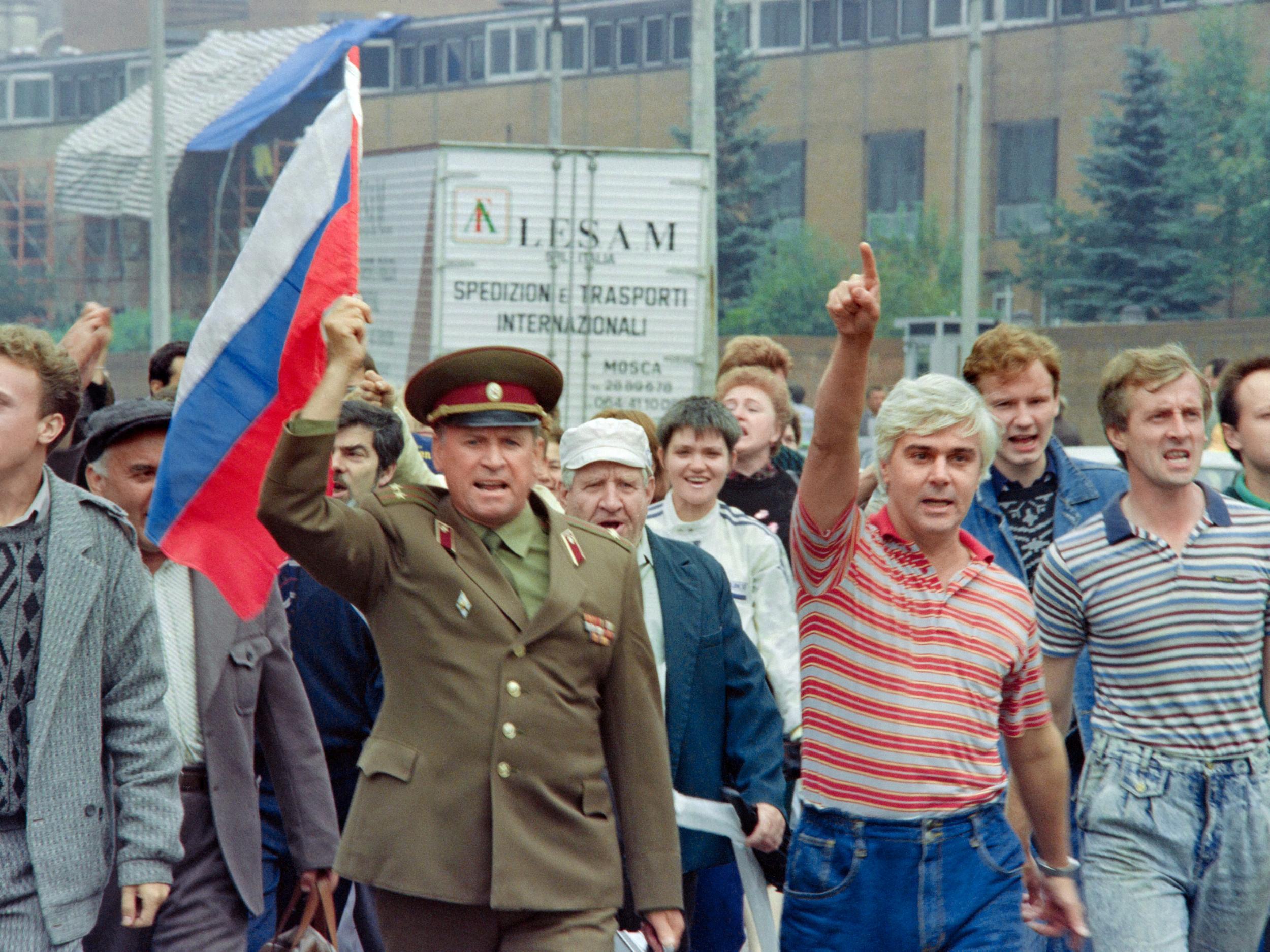
Power now resided in Yeltsin, Gorbachev’s saviour. As the latter tried to reaffirm his commitment to liberalising communism, the Russian parliament jeered. And when Yeltsin forced him to read aloud on TV documents that showed Gorbachev’s allies had plotted his downfall he was humiliated. Gorbachev’s biographer William Taubman has a fascinating take on the rivalry: “It’s a terrific Shakespearean conflict. They should have been allies with their different skills, but they turned themselves into enemies. Gorbachev played a role in creating Yeltsin as his nemesis, and Yeltsin paid him back in spades.”
On 24 August Gorbachev resigned as leader of the Soviet Communist Party. Five days later the Supreme Soviet dissolved the party itself. The Soviet republics began ceding from the union.
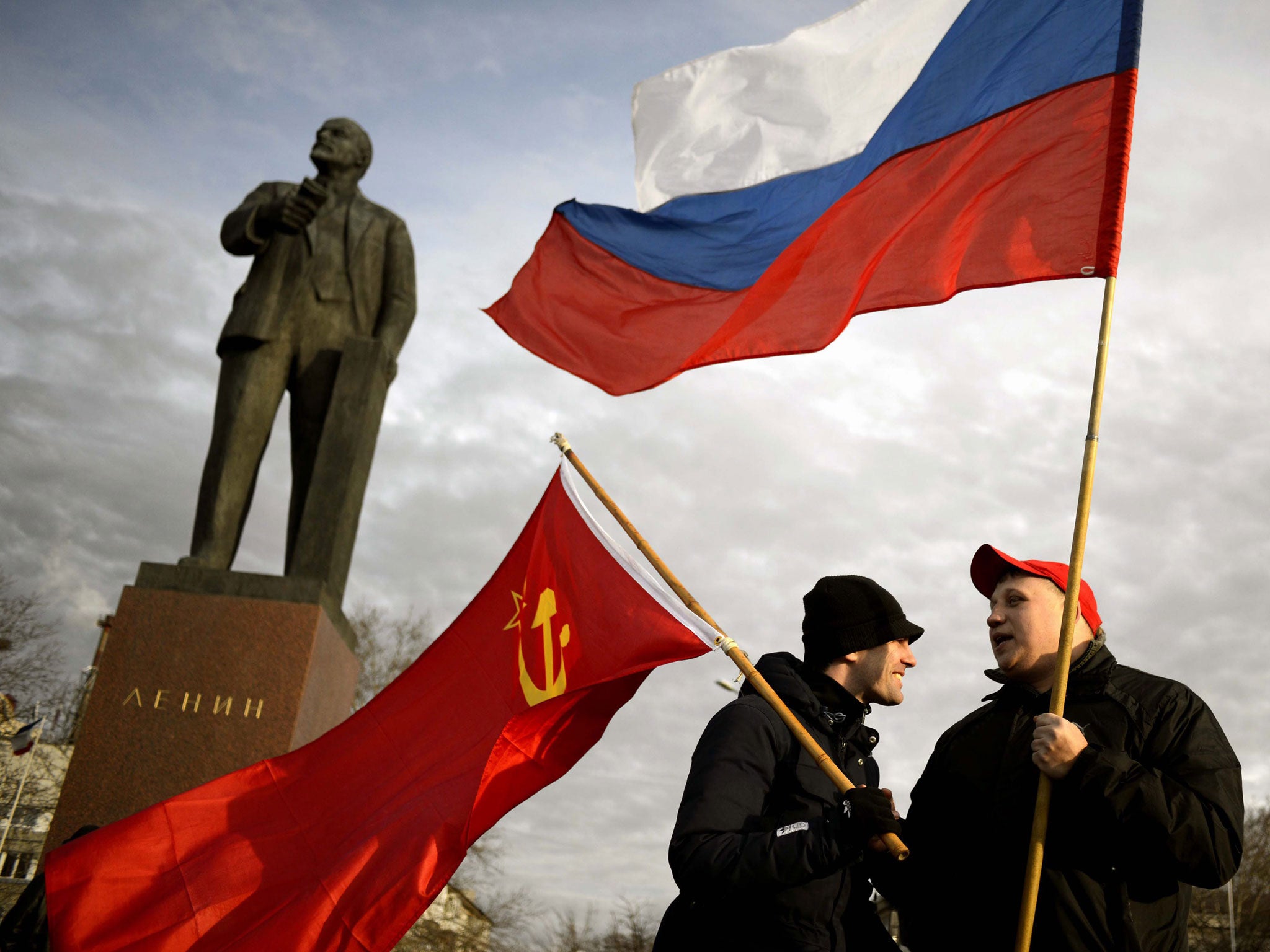
In December Gorbachev, still nominally president of what was left, proposed a union of former republics. The Commonwealth of Independent States was born. Eight months later Rogachova would win her silver medal in Barcelona.
On 25 December 1991 the red flag of the USSR, replete with hammer and sickle, was removed from the Kremlin. The eighth and last leader of the Soviet Union, Mikhail Gorbachev was redundant.
The legacy? Well it’s all around us. While some consider his response apocryphal or at least cryptic, Chinese premier Zhou Enlai is reported to have said in 1972, when asked about the impact of the French Revolution, that it was too soon to say. A mere 30 years on from the break-up of the Soviet Union then, it is almost impossible to predict the ultimate outcome. But the intervening decades have given many pointers.
As the Cold War unravelled, former countries of the eastern bloc’s Warsaw Pact military alliance, plus the Baltic states, switched sides, joining Nato – the western military alliance – and the European Union. This fuelled concerns in Russia that it was being encircled. It no longer has a buffer zone of allies on its western fringe, arguably leading to the rise of the aggressive new Russian nationalism under Vladimir Putin – himself a former KGB officer – and to the invasion and annexation of Ukrainian Crimea and its spinoff conflict.
Putin fears Russia’s sphere of influence is diminishing and he was aware of Ukrainian politics shifting closer to Nato and the EU. He is also keeping a close eye on Georgia with its own declared intent to join Nato.
I’m not old enough to remember the Soviet Union, but I know we were a great nation in the time of my grandparents. I’m more liberal socially than maybe Putin and I don’t agree with everything. Putin has made us a nation that believes again, that can look beyond the humiliation of the 1990s
Many Russians believe Putin’s actions to be justified. “Crimea was always Russian anyway,” insists retired Russian sailor Artur Smirnov. Even when Ukraine left the Soviet Union, Russia retained its base at Sevastopol. But this arrangement was under threat and “Putin took steps simply to reclaim what was already Russian,” he insists. “Putin has made people notice Russia again,” adds office worker Nina Agafonova, aged 31. “I’m not old enough to remember the Soviet Union, but I know we were a great nation in the time of my grandparents. I’m more liberal socially than maybe Putin and I don’t agree with everything. But Putin has made us a nation that believes again, that can look beyond the humiliation of the 1990s.”
Of more significance to ordinary Russians than foreign policy though, are conditions at home. The switch to a market economy was devastating for many. While some got rich on the back of rapid privatisation of nationalised assets leading to the Russian business oligarch of popular imagination, inequality surged. Deprivation was worse than in the Great Depression of the 1930s. In his book, Goodnight Mr Lenin, written as he travelled through the Soviet Union during its disintegration, Tiziano Terzani presciently wondered: “What will fill the void? New merchants of old ideas can now leap in and exploit the disorientation of the confused masses.”
It has been estimated that the economic crisis created by the collapse of the command economy caused almost three-and-a-half million extra deaths in Russia up to 1998. It is no wonder many older citizens long for the certainties of communist rule. “I had bread every day until Gorbachev stole it,” says Elena Balakina, aged 80. “I had a job, too, at the telephone exchange in Orenburg. None of us realised there was a world where you didn’t have bread or a job.”
As author Robert Kaplan wrote “‘hyperinflation generated by economic shock therapy… wiped out the life savings of most Russians.” Fellow historian Chrystia Freedland added: “Russia was robbed in broad daylight, by businessmen who broke no laws.” Privations still remain and critics see Putin’s focus on foreign affairs as a deliberate distraction from domestic economic woes.
And beyond its borders it’s likely not a single nation or political entity was unaffected by the demise of the Soviet Union. The violent disintegration of Yugoslavia followed similar ethnic and religious tensions in the southern USSR, and independence movements emerged in various former regions of the Soviet Union such as Chechnya and South Ossetia.
Nations as diverse as Cuba, Syria and North Korea can no longer fall back on Soviet support to protect their regimes. Afghanistan, over which the Red Army fought a 10-year war to prop up its communist government, drastically weakening the Soviet economy in the meantime, disintegrated following the withdrawal of Soviet troops, leaving a power vacuum which led to the rise of jihadi organisations including al-Qaeda.
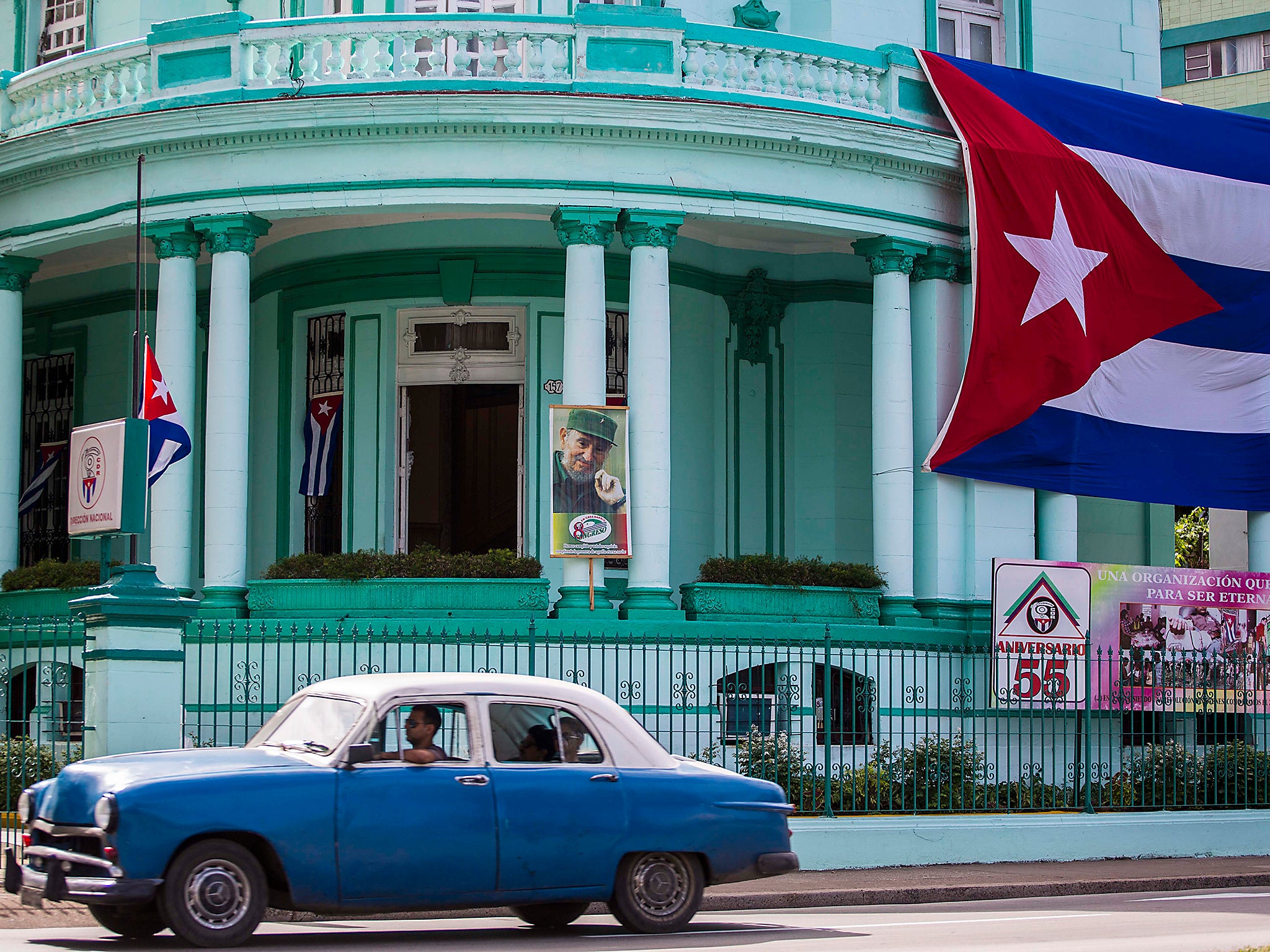
China has risen to fill the void left by the departing superpower, ironically via its own successful transformation to market-driven communism. It now commands much of the United States’ attention, as a belligerent president conducts trade wars to prop up his own economy. Back in 1991, when Gorbachev, realising the transition to a market economy would be painful for his people, asked US president George HW Bush for economic aid, it was refused. Had it not been, a US/Russia alliance could have been struck. That now seems as far away as ever.
There’s more, of course. Brexit for one – just how much did freedom in Eastern Europe, allowing young people to travel throughout the EU, contribute to the referendum result? And would we have had novichok in Salisbury, cyberattacks on foreign institutions, fake news on our Facebook feeds, collusion (or not) in foreign elections…? The list is pretty much endless. And so the legacy rumbles on to who knows where. As Terzani asks “Maybe the worst is yet to come?” Political scientist Francis Fukuyama’s declaration that the end of the Cold War was “the end of history” now seems remarkably naive.
But what of Gorbachev, in equal measures inadvertent architect and unwitting fall guy. Since its collapse, polling has consistently shown that more than half of Russia’s population regrets the demise of the Soviet Union. In 2018 that was as high as 66 per cent. While this figure is tilted in favour of the elderly, it’s still significant. “For years I wanted to see the statue of Lenin in my home town torn down,” says 82-year-old Natalya Zhernakova. “Now I wish it was back.”
66%
Percentage of Russia’s population that regrets the dissolution of the Soviet Union
It seems clear that nostalgia for the Soviet Union is partially behind the rise of the Putin regime. Notably, Putin has turned Victory Day in Russia – 9 May – increasingly into a militaristic show of strength. Previously, except on major anniversaries marking the end of the Second World War, it had been more low key.
Many Russians believe he is restoring the dignity of the nation after the humiliation of the Gorbachev years. The latter’s reputation in his own country is not what it is elsewhere. When he ran for the Russian presidency in 1996 he struggled to muster 1 per cent of the votes. “Of course, the west sees him as a great statesman,” says Smirnov. “He crushed his own country and removed the threat in the east. It was Norway which awarded him his Nobel prize, not Russia, not Belarus, not Georgia. To Russians he took away our self-respect. That is not being belligerent, it’s about personal and patriotic pride.”
“Crowds in the west and in East Germany were shouting ‘Gorby, Gorby’ but not so much back home,” adds Sergei Moskvin, a former railway worker. So did Gorbachev kill the very system he was attempting to rescue? Katya Hurskaya, a former teacher, thinks so. “I’m prepared to say Gorbachev was a communist,” she says. “He just wasn’t very good at it. Every step he took made it more likely the Soviet Union would break up. If you hand out crumbs to a pigeon, it doesn’t stop the pigeon wanting crumbs. You just get more pigeons.”
What is still up for debate is whether communism was doomed to fail, and Gorbachev could do nothing to save it. “None of the factors contributing to the end of the Soviet Union were inexorable,” argues Stephen Cohen, professor of Russian studies at New York University. Marxist website liberationschool.org adds that “it’s extremely rare to hear of the remarkable achievements of the USSR [such as] working class people having political power, universal healthcare and education, and equality for women. The Soviet Union was the first state in history where the oppressed took and retained power.”
There are dissenting voices, of course. Tiziano Terzani wrote: “Communism was the glue that held everything together ... in a land where the Party no longer existed [it was] a system that was falling to pieces.” Terzani goes on to say he has lived through many revolutions “all made in the name of communism and all gone bad, despite the stubborn conviction of many people that they were moving towards the brilliant future invoked by the raised arm of that last prophet who had survived – Lenin”. Which begs the trite question: just where did all those statues of Lenin go?
But Moskvin disagrees, as do many Russians even today. “Communism would have worked, but the leaders failed communism. They failed us. Not just Gorbachev but many who came before. Socialism is a worthy project, but it requires honesty from politicians, not self-serving larceny.”
Gorbachev just wasn’t very good at communism. If you hand out crumbs to a pigeon, it doesn’t stop the pigeon wanting crumbs. You just get more pigeons
His fellow octogenarian Zhernakova adds “Even if communism did fail it doesn’t mean capitalism is the answer.” It’s a fair point when one considers the Russia that Russians have now ended up with, although Vladimir Putin’s supporters might disagree. Like their current president, most are vocal critics of Gorbachev.
Taubman says that Putin indicts Gorbachev repeatedly for the collapse of Russia’s predominance. “Everything Gorbachev did, Putin is in effect reversing,” he adds. Nationalisation of some industries, interference in media and elections, persecution of opponents, manipulation of foreign nations… it could be perestroika in reverse. Vadim Nikitin writing in this publication five years ago wrote that Putin had taken over the old Soviet brand: “He has spent the last decade positioning Russia under his leadership as the reincarnation of the old superpower. Putin has exploited people’s emotional attachment to Soviet symbols to legitimise his own agenda.”
While many say the US and its allies won the Cold War, Gorbachev still regards it as a “common victory” for the world. And he played a major role, taking peaceful and diplomatic opportunities instead of imposing a hard line on allies and at home. He signed treaties to remove the threat of nuclear annihilation. He introduced multiparty rule, freed dissidents and allowed opponents and the media the opportunity to speak.
His economic reforms were unsuccessful but it is fair to say we would not be at the point we are now without him. As the late Brian Hanrahan, former diplomatic news editor for the BBC, wrote 10 years ago: “Gorbachev abided by a basic principle that politics should not be based on coercion”, which marked him out as different from any previous Soviet leader.
It’s fair to say that with the threat of nuclear war vastly reduced and totalitarian states being replaced by ostensibly democratic ones, the world outside the Soviet Union rejoiced in 1991. That the feeling was not shared at home does not diminish its initial impact. In his parting words, Gorbachev defended his record but conceded: “The old system collapsed before a new one had time to start working.” As Terzani wrote: “The system was terrible, but the principles on which it was based were not. At its birth it was a great force, an inspiration. Socialism was born of dreams. It did not realise them.”
Of course, one thing is certain, the Soviet Union and the CIS and Russia which followed, took their sport seriously – drug programmes notwithstanding – as a means of bolstering national pride. Lyudmila Rogachova ran for all three throughout a tumultuous period in her nations’ history. She served them well. Whether Mikhail Gorbachev did the same, history has yet to decide.
Join our commenting forum
Join thought-provoking conversations, follow other Independent readers and see their replies
Comments